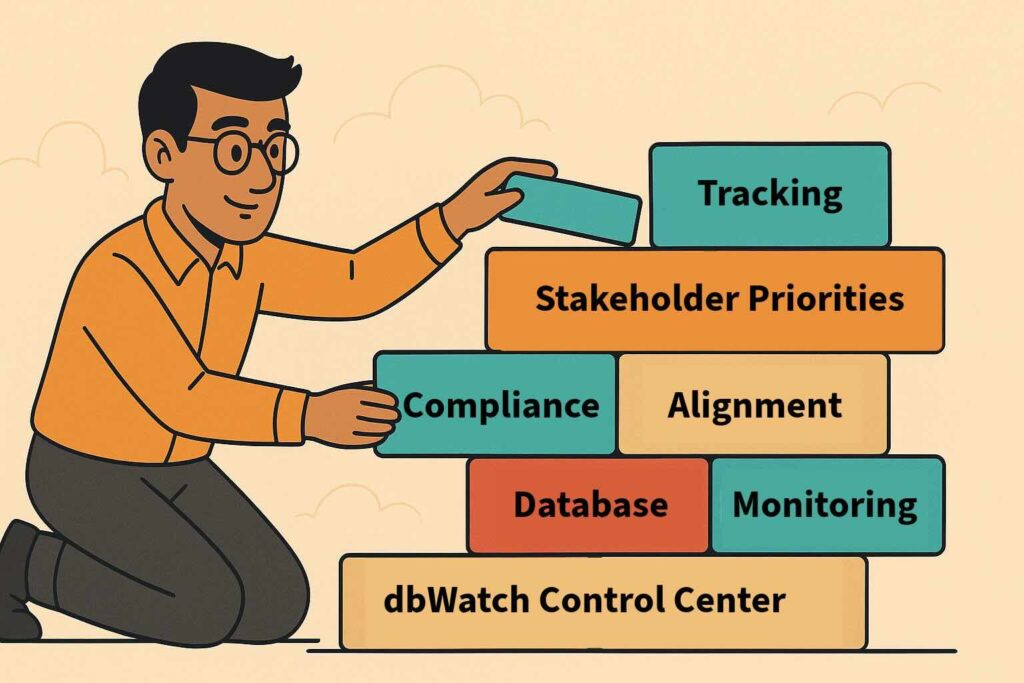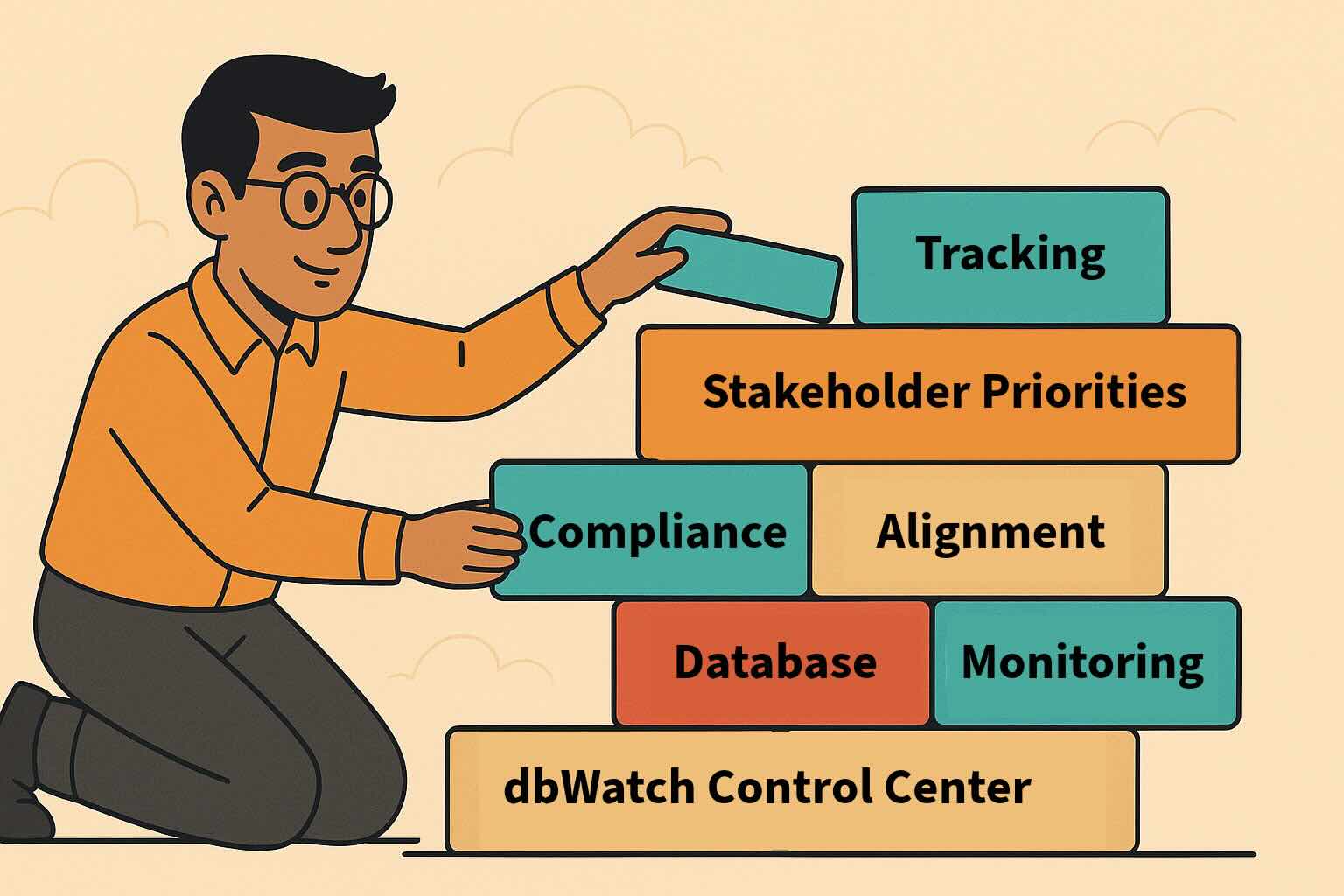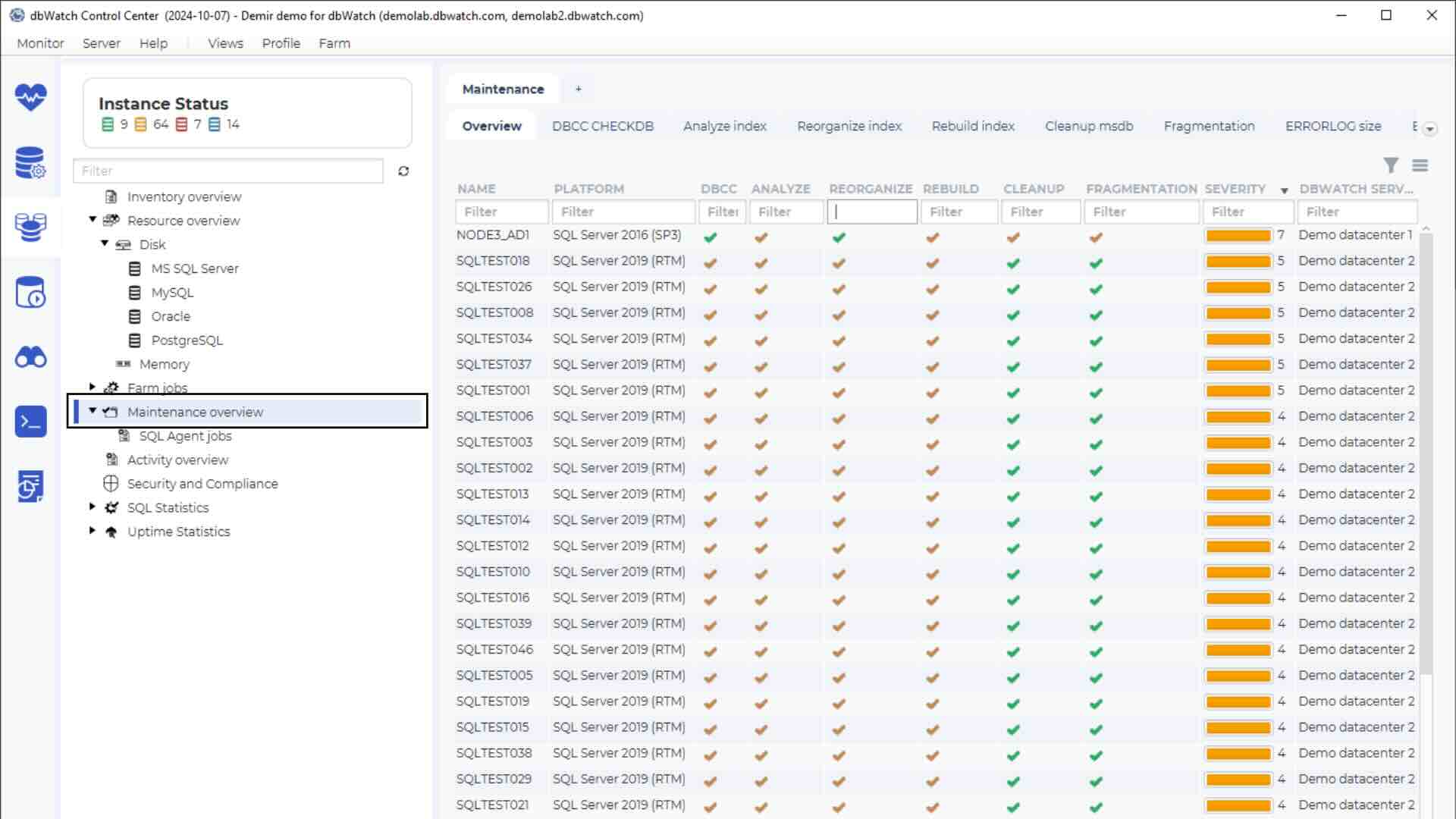As a traditional database administrator working in an enterprise that supports multiple clients across the globe, it is critical in business to meet increases in customer demands. When a business chooses the modern DevOps approach, it can focus on continuous delivery, integration, and automation.
For business decision-makers, it is a major aspect in retaining and acquiring new clients as the business could easily deliver the needs of the clients they support.
A shift to the DevOps principles, from a traditional DBA to a modern DBA
Applying the DevOps principles means businesses can adapt to the growing needs of their clients; they can quickly expand and add new features requested by their customers. DevOps aims to achieve the following: version control, automation, testing, continuous deployment/integration, monitoring, and continuous operations; it combines development and operations.
DevOps streamlines business operations, increases automation, and maximizes productivity, better communication, and efficiency across teams.
A company that practices DevOps grows faster, delivers quality software, and obtains a high level of customer trust and satisfaction.
How do database administrators fit in this modern age of DevOps?
The increase in demand for professionals with DevOps backgrounds has been exponential to support development practices within a business.
As a traditional database administrator – in the DevOps era, you need to shift your attention from manually doing your tasks, shifting to a modern DBA by automating your tasks as much as possible. A few examples such as the manual deployment of code changes, manual creation of test database servers, and reactive monitoring of your databases.
Automate deployment of database changes:
In a small development team, an SQL developer requests you to deploy their changes from the test SQL server environment to the stage SQL server environment. Developers will provide the list of the objects that have been amended and you will extract it from the source and manually execute it to the destination. However, when working in a huge enterprise with plenty of databases, this cannot be done manually as it is prone to human errors. If you are starting to lean on a DevOps principle, as a DBA, you should choose tools that the team will use for source control. You also decide how the team would effectively build an automated process in deploying code in different database environments.
Building and disposing of test servers:
A managed service provider company caters to different business applications that they support. Multiple projects require different requirements based on the client’s service level agreement. Some supported applications are deployed in the cloud to have flexibility and save costs in maintaining servers. As a DBA in a DevOps team, you might receive requests from the management or development team to create an exact replica of a test server and dispose of it after the developers/QA have finished their testing.
As a DBA you should be knowledgeable about using infrastructure as a code tool, for you to be able to automate the creation/disposing of servers once the need for those servers has been fulfilled.
Reactive Monitoring versus Proactive Monitoring:
A database administrator in a DevOps team must have the right set of tools or solutions to proactively monitor the environment that they manage. Instead of the manual and reactive way of monitoring your environment, like manually logging in each server and executing your customized monitoring scripts.
You must properly set tools to help you proactively monitor your database environments’ health. A solution that will inform you of the real-time event status of your databases. Helping you to act upon an alert/database activity before it causes a huge performance impact on your production systems.
Are you choosing the right solution to integrate with DevOps?
A DBA such as you should be the evangelist in advocating the use of different technologies to integrate within the business process to improve efficiency, automation, and reliability.
A proper database monitoring solution such as dbWatch Control Center would help you achieve the following:
- Proactive monitoring provides easy access views for you to have a full overview of what is happening in your database farm
- Complete information of your database farm overall utilization, which is crucial in capacity and resource planning
- Delivers real time alerts of the different performance metrics you wish to track
- Automate your daily maintenance tasks
Summary
Being a DBA in a DevOps team, it is critical to be able to adapt to different toolsets that are needed to automate various database administrator tasks across your database environment. As a database administrator, you need to embrace change from a traditional/manual approach into a DevOps way of thinking. You, as a database administrator, are the gatekeeper of data, your databases should always be intact and secure, you need to have the right tools to give you full overview and control of your database environment.
With dbWatch Control Center as your partner in monitoring and managing your databases helps you achieve the following:
- Proactive monitoring dashboards display a health overview of all databases within your data center. Provides you with the necessary information for you to take proactive action against issues
- Complete information of your growing databases in your data centers, such as your total allocated hardware resources and resource utilization like your CPU, memory, and disk usage
- Allow customization and tailored services depending on your business needs and requirements
- Maintains proactive monitoring and ensures high availability of your servers
- Delivers real-time alerts for performance metrics and identifies which databases are having performance problems
Try Control Center today and download a trial version of dbWatch.











